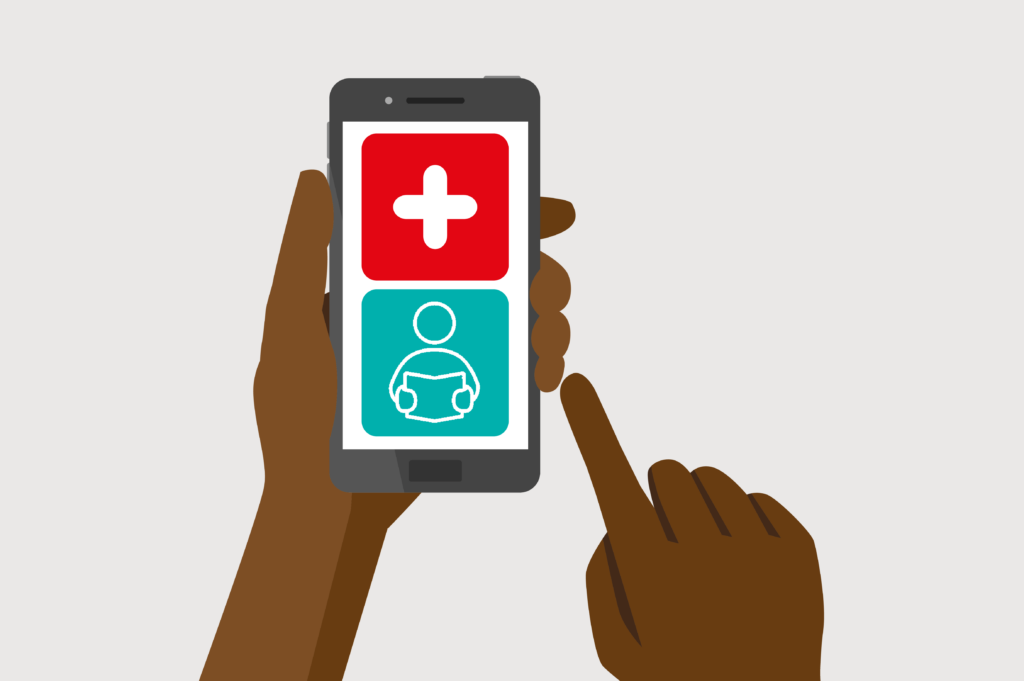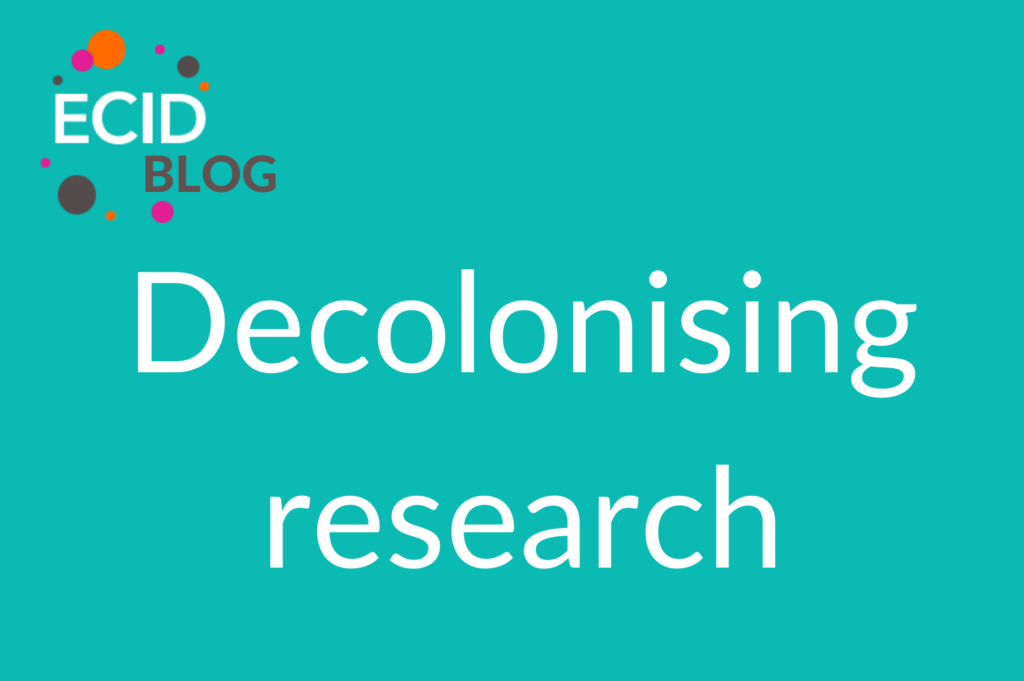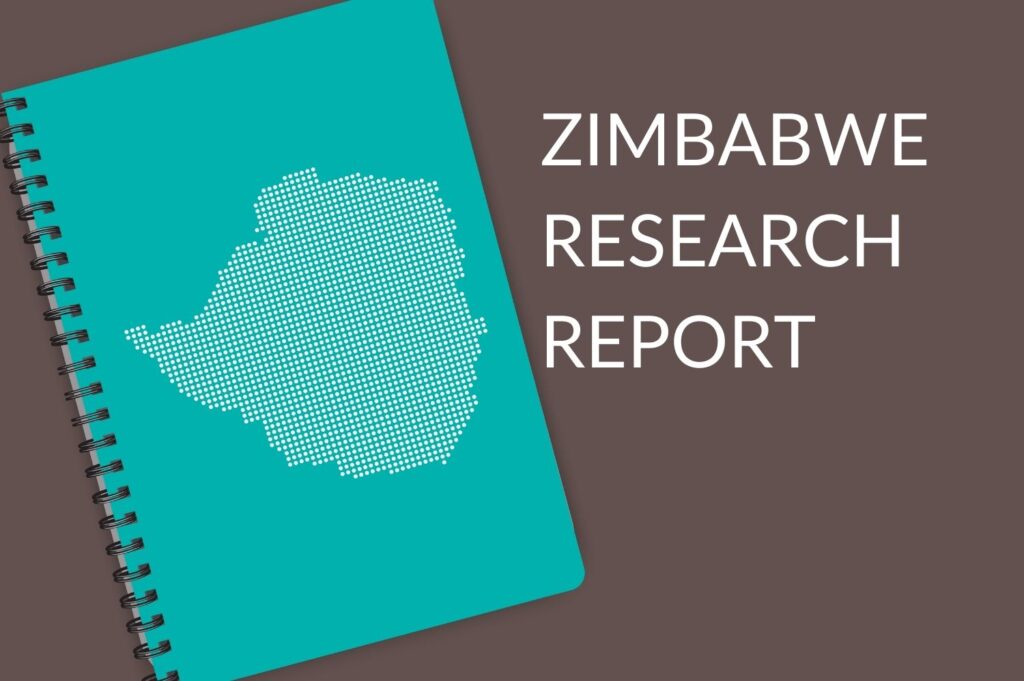Complexities in access to formal education and basic literacy skills for marginalised people
Community perspectives show that the cycle of poverty in some communities in Jaba local government area of Kaduna State can be linked to poor access to basic literacy skills and formal education.
Given the ushering in of a new way of formal education seemingly inaccessible to the poor and those in hard-to-reach communities, the Covid-19 pandemic has added on more layers of complexity and increased marginalisation to accessing education for these groups. However, these problems of access and quality of education have existed long before now, with significant impact on literacy levels.
According to UNESCO, literacy is the ability to identify, understand, interpret, create, communicate and compute, using printed and written materials associated with varying contexts[1]. Access to quality education is a key driver for ensuring this, and despite being a human right and a factor that will contribute to reducing marginalisation and the sustainable development goals, children and adolescents in these areas have for over the years had to overcome various challenges and hurdles to become literate.
In Ungwan Gaudi of Jaba LGA for instance, access is a major barrier as school children walk over 10km through another village, crossing a river and passing through thick bushes to attend Secondary School. The terrain is even more difficult and dangerous during the rainy season, and this has led a significant proportion of girls to drop out of school, leading to a high proportion of illiterate women in the community.
Enrolment and retention constitutes another key driver for attaining literacy, and women and girls in the community attribute the low rate of enrolment and/or retention to mostly financial and cultural barriers. According to 18-year-old Evelyn Daniel, factors surrounding high rate of illiteracy and poverty among women and girls in the community is the compulsion to spend their futures with uneducated men who place no value on education especially for women. This she believes has perpetrated the prevalence of poverty and illiteracy over time.
“There are some challenges that we the girls are facing that have attributed to the reason most us are poor. We the ladies after struggling to go to school, we end up getting married to uneducated boys who will only take us to the farming and continuing farming and in the end, nothing to show for it,” she said.
Adding to this, Kande Isah from Gidan Kundi, another rural community in Jaba LGA of Kaduna State told us that lack of money for school fees and other education levies have prevented most women in the community from accessing formal education.
With the changing dynamics of the world today, and the increasing globalisation of the economy, literacy is important for any meaningful participation in development and not leaving anyone behind. It contributes to breaking the cycle of poverty as it opens better opportunities for employment, participation in the decision-making process and more. Given the importance of literacy and therefore education in making progress in development, it is crucial that governments and other stakeholders address these peculiar challenges and more that various groups face in accessing quality education, enrolment and retention.
The use of evidence/data is critical to making progress as there is a gap in the reality and policy formulation and implementation. Recent actions to continue learning in these times is an example of this as the poor and marginalised lack access to information technology gadgets as well as the radio and television learning platforms which they lack access to. It shows that policy making and implementation to address reality is an issue that should be addressed on a needs basis, looking in-depth at the data on literacy and understanding the ‘why’ behind the problem to know how to ensure that each group’s specific challenge is addressed.
The ECID programme with one of its priority focus areas as education seeks to ensure improved quality of services for certain marginalised groups – adolescents, poor rural women and people with disabilities. It is working in Anambra and Kaduna states to facilitate the increased use of evidence in policy and decision-making. It is supporting civil society and marginalised groups to collect and use data as evidence for effective engagement with government and participation in policy and decision-making.
[1] http://gaml.uis.unesco.org/wp-content/uploads/sites/2/2018/12/4.6.1_07_4.6-defining-literacy.pdf



